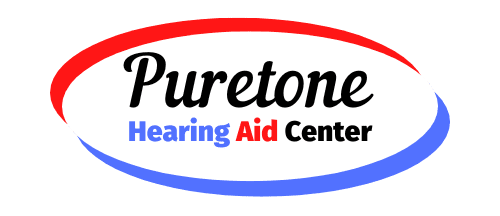Some studies have shown that certain foods may help protect your ears. Foods that contain antioxidants, omega-3 fatty acids and zinc are thought to be beneficial to your hearing, while some high sugar or salty foods can actually harm your auditory health.
Foods that can help prevent hearing loss
There are a number of foods that can help prevent hearing loss. These include:
1. Nuts: Nuts are a good source of magnesium, which is essential for healthy bones and teeth. They also contain zinc, which is necessary for the proper function of the inner ear.
2. Fish: Fish is a good source of omega-3 fatty acids, which are beneficial for the health of the inner ear.
3. Dark leafy greens: Dark leafy greens such as spinach and kale are rich in antioxidants, which can help protect against damage to the inner ear.
4. Garlic: Garlic contains compounds that have been shown to be protective against damage to the inner ear.
5. Vitamin C-rich foods: Foods that are rich in vitamin C, such as oranges and broccoli, can help to protect the inner ear from damage.
Benefits of eating certain foods
There are a few key nutrients that are known to be important for maintaining healthy hearing. These nutrients include omega-3 fatty acids, magnesium, potassium, and zinc.
Omega-3 fatty acids are found in foods like salmon, mackerel, and sardines. They help to reduce inflammation in the body, which can damage the delicate cells in the inner ear.
Magnesium is found in leafy greens, nuts, and seeds. It helps to maintain nerve function and prevent oxidative stress.
Potassium is found in bananas, sweet potatoes, and tomatoes. It helps to regulate fluid levels in the body and support blood vessel health.
Zinc is found in oysters, beef, and poultry. It helps to protect the cells of the inner ear from damage and supports healthy immune function.
Conclusion
There are a number of foods that can help prevent hearing loss, but it’s important to remember that these are only part of the equation. Other factors like exposure to loud noise and smoking can also contribute to hearing loss, so it’s important to take all of these into account when trying to protect your hearing. However, adding these foods to your diet is a good place to start if you’re looking for ways to reduce your risk of hearing loss.
Give us a call to set up your free hearing evaluation and get yourself on the road to better hearing health.



